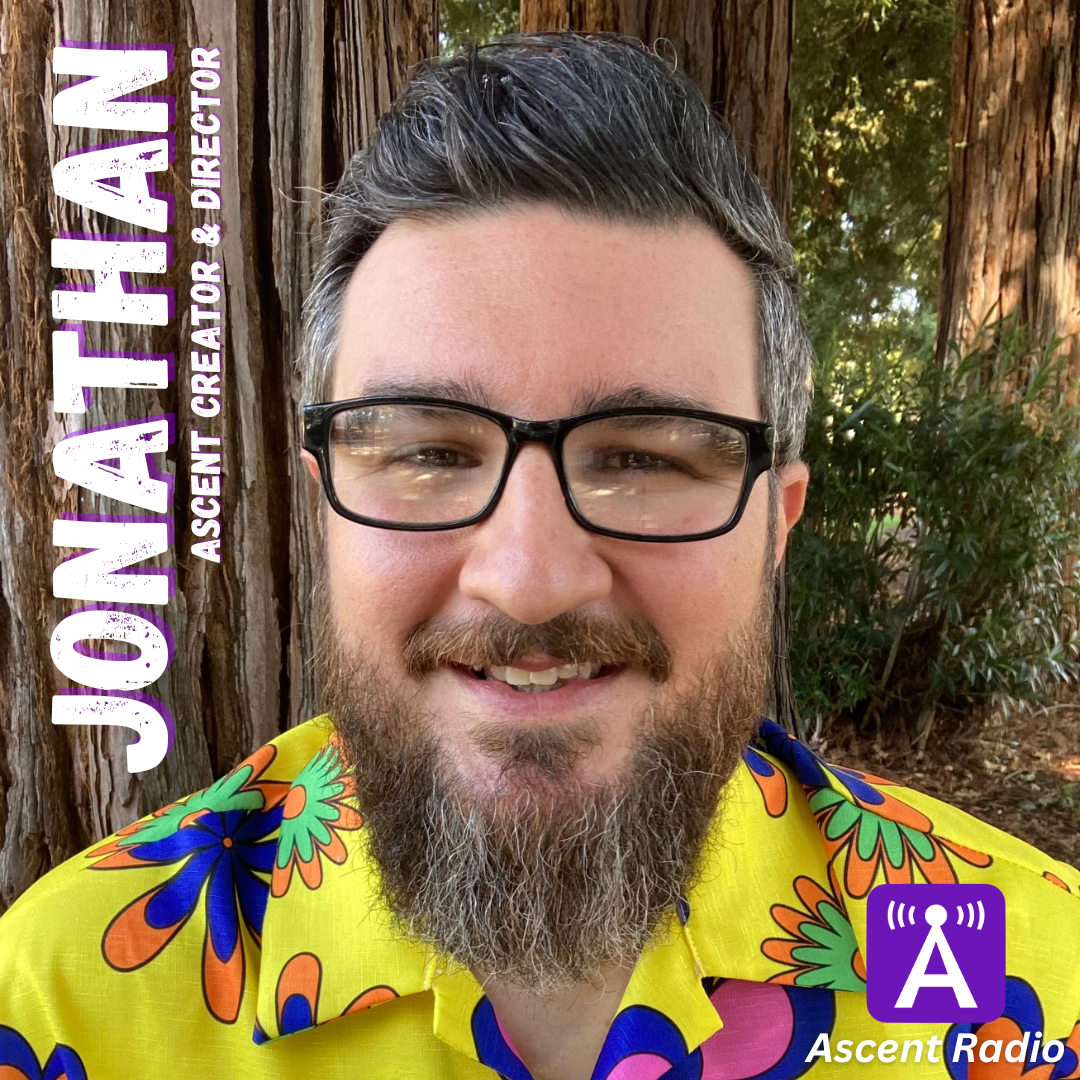|
When Little Richard hit the airwaves in 1955 with the infamous, “Tutti Frutti,” he did more than just create the most important Queer anthem of all time. He created a revolution that would change the course of music, and shape the course of history itself. He created Rock & Roll. As a youth, Richard dubbed himself “The Magnificent One,” using curtains as a cape, and sporting eyelashes and makeup. But at just 13 years old, Richard was kicked out of his conservative home, and in turn, took his beautiful self to the stage and began performing for money. Imitating his heroes, Sister Rosetta Tharp and Mahalia Jackson, Richard became known for his raucous, wild, one-of-a-kind style, cultivating an image and sound that was a mash-up of his diverse sounds an interests, and creating a hybrid fusion of boogie, blues, gospel, and R&B. “Tutti Frutti” went viral upon release in 1955. Number one on the R&B charts. Seventeen on the Pop charts. But it was not without some editing. Significant editing. The original lyrics Richard howled were (something like), “Tutti frutti, good booty, If it’s tight, it’s alright, If it’s greasy, it makes it easy…” The song that set the world on fire was an homage to anal sex. Though the lyrics were edited to, “Tootie frutti, aw rooty…” (with “aw rooty” as slang for, “it’s alright,”) …(and references to Daisy and Sue were added to further mask the outright gay abandon, energy and freedom that pulses and reverberates throughout), set the world on fire the song did. The backlash against Richard and “Tutti Frutti” was ferocious.
Sexually liberated. Black. Successful. His records and his rock & roll were seen as a toxic poison upon American youth.
(And you thought the Elvis backlash for his pelvic thrusts was bad.) Even worse, the record companies, as it was with almost all influential Black performers of Richard’s era who found success, tried to capitalize on Richard’s success by encouraging the likes of white early rock n’ rollers like Pat Boone and Elvis to cover Richard’s tune. Pat Boone’s version went to #12 on the charts, surpassing Richard’s placement. Boone’s was more palatable for the white folks. Over the next several years, rock n’ roll (Richard’s sound) was co-opted in the music industry and put into the hands of white performers. And by the mid 60s, the sound that was invented by Richard and the likes of other Black pioneers such as Chuck Berry, Ray Charles, Fats Domino and Bo Diddley (not to mention being built upon the influences of the legendary Queer Black women who preceded them, such as Big Mama Thorton, Sister Rosetta Tharp, Lucille Bogan, and Ma Rainey), had been almost entirely white-washed. However. Despite the racism. Despite the bigotry. Despite the homophobia. Despite the hatred. Despite the backlash… Little Richard changed the world. Little Richard is a hero. In 2010, “Tutti Frutti” was entered into the Library of Congress National Recording Registry for its influence on culture. In 1986, Little Richard was one of the first 10 artists inducted into the inaugural class of the Rock Hall of Fame. “Tutti Frutti” was voted #1 in Mojo’s “Top 100 Records That Changed The World.” And Richard is widely regarded now, rightfully, as the architect of Rock n’ Roll. Gay. Black. Flamboyant. Loud. Proud. Little Richard changed the world. The impact of “Tutti Frutti” and Little Richard simply cannot be overstated! As the greatest Queer anthem of all time, and the song that sparked the rock n’ roll revolution, it is the literal definition of our Pride Song-of-the-Day jams. Long live King Richard!
0 Comments
Leave a Reply. |
Categories
All
AuthorJonathan Bristow - Ascent Creator & Director. Jonathan is a queer, recovering pastor, dreamer, lover, and amplifier in the middle of the mess. Stepping into a lifelong dream in 2021, he created Ascent Radio to offer music lovers a handcrafted radio platform at the intersection of great music and social change. Jonathan lives and breathes music, and believes fiercely in the power of music to draw us together and inspire us toward a better world!
Alongside his work as the Creator and Director for Ascent, he is a freelance writer, and is author of the blog, Finding Jonathan, where he reflects on his journey of simultaneously losing and finding himself all at once, living through trauma, and learning to love and embrace who he is. As a sayer of the words, Jonathan writes content for socially conscious brands, artists and industry professionals. To connect with him about writing on a project that needs the perfect words, connect with him over on his LinkedIn profile, or email at: [email protected]! Archives
June 2024
Listen to Ascent! |
Sitemap: |
Links:Contact: |
Email ListAll the happenings around the station delivered to your inbox!
|
...Inspiring hope and change through the power of song. |
Follow Us!
Ascent Radio is a registered trademark with the USPTO. All rights reserved.
Proudly powered by Weebly




 RSS Feed
RSS Feed
